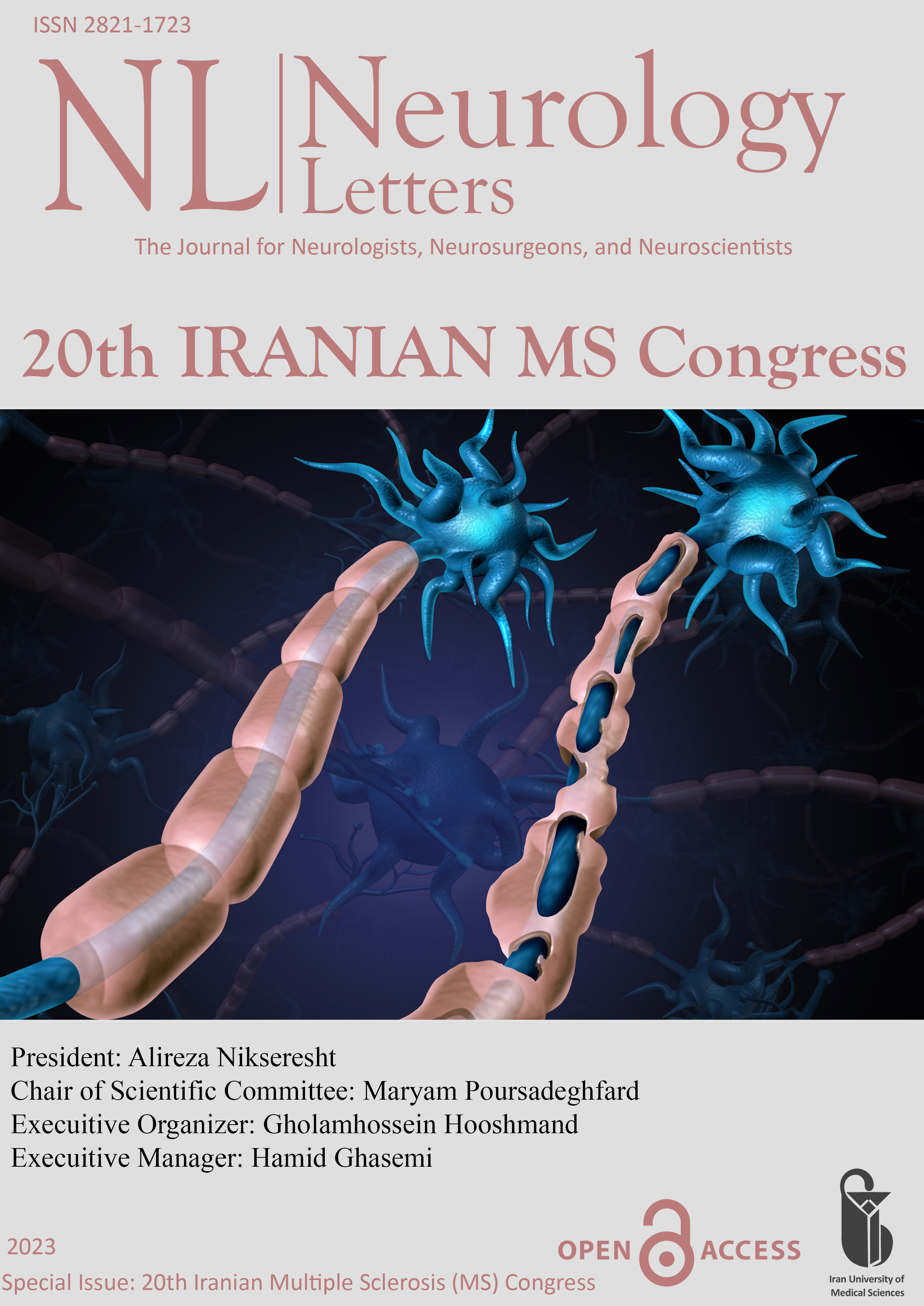Advanced imaging for multiple sclerosis (ORP-14)
Document Type : Oral Presentation
Author
Multiple Sclerosis (MS) Research Center, Neuroscience Institute, Tehran University of Medical Sciences, Tehran, Iran.
Abstract
This study focuses on the use of advanced imaging techniques for the assessment of multiple sclerosis (MS). The objective is to explore the potential of these imaging modalities in providing valuable insights into the pathophysiology and characterization of MS lesions.
One such technique, quantitative susceptibility mapping (QSM), allows for the classification of white matter (WM) lesions into different types based on their QSM characteristics. QSM demonstrates high accuracy in identifying fully remyelinated areas, chronic inactive lesions, and chronic active/smoldering lesions.
Magnetization Transfer MRI (MTR) is another imaging method that reveals markedly decreased MTR values in areas associated with severe tissue loss, indicating demyelination and axonal loss in MS patients.
The T1w/T2w ratio is a measure used to assess demyelination, inflammation, axonal damage, and other pathological changes. A lower T1w/T2w ratio is indicative of demyelination or inflammation, while a higher ratio suggests iron accumulation, microglia activation, and astrogliosis.
Neurite Orientation Dispersion and Density Imaging (NODDI) is an advanced diffusion-weighted imaging model utilized to evaluate WM microstructure. This technique provides valuable information about the integrity and orientation of neurites in MS lesions.
Additionally, the study explores the potential of PET-based biomarkers such as glucose metabolism or amyloid deposition in MS research.
Overall, these advanced imaging techniques offer promising tools for the assessment and characterization of MS lesions. They provide valuable insights into the underlying pathophysiology and can aid in the development of targeted treatment strategies for individuals with MS. Further research and validation are necessary to fully establish the clinical utility of these imaging modalities in routine MS care.
Keywords
 Neurology Letters
Neurology Letters
